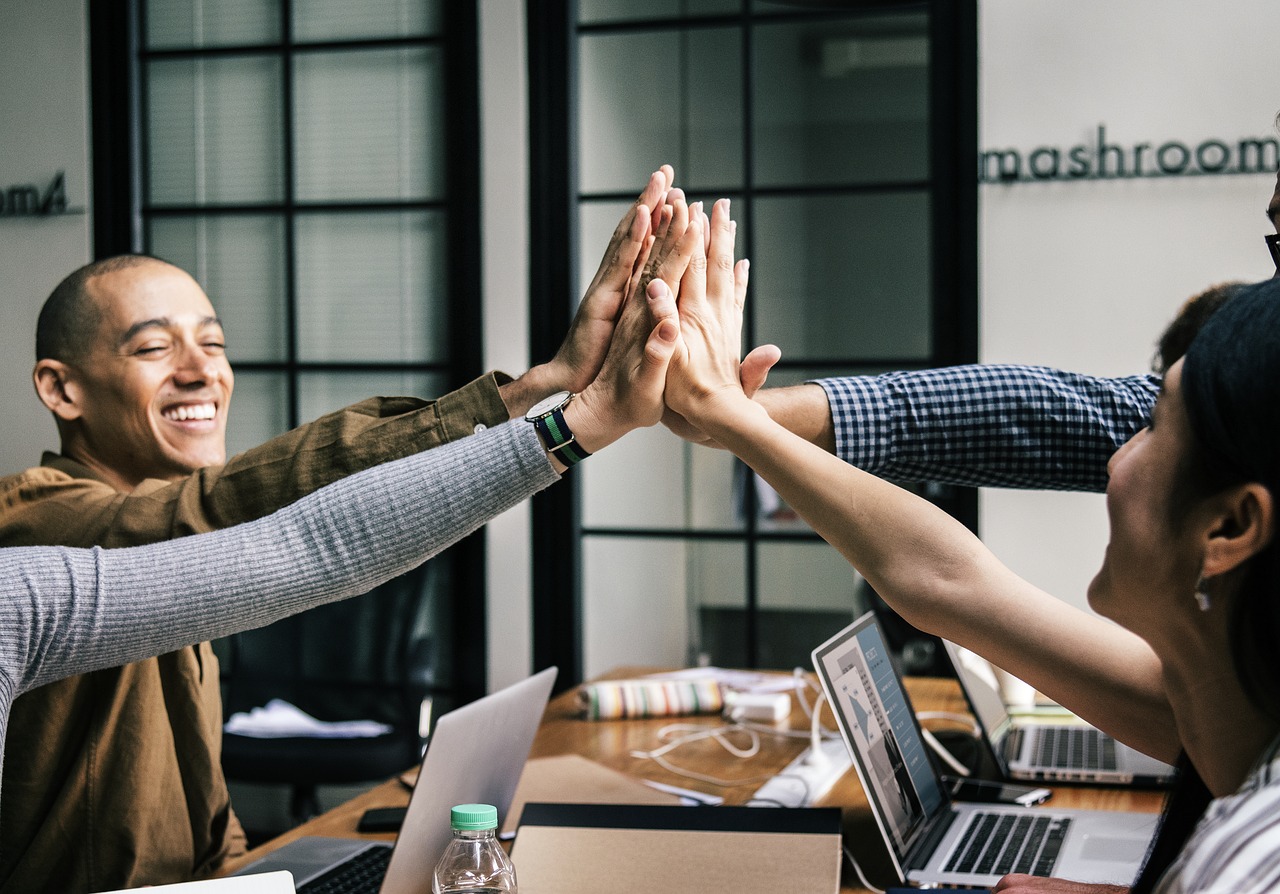“There is a time when the mind transforms things, and there is giving in which things transform the mind.”
–Zen teacher Dogen
Ten minutes. That was the amount of time allowed to make a presentation to a group of one 150 prospective investors. I had been invited, along with 15 other company founders, to a conference of socially responsible investors being held in Southern California. I had ten minutes to capture their attention, to describe the Brush Dance (a publishing company I founded many years ago) history, strategies, and plans for the future, and to make a compelling case for the financial and social benefits of investing money in this young company at this time. These investors were using two criteria in making their decisions: 1) Was this a good financial investment? 2) Was this company meeting some kind of social or environmental need, and not causing social or environmental harm?
After each company’s presentations were made, the group of investors met privately in a large conference room to discuss the strengths and weaknesses of each business and to share information. I found out after the conference that someone I barely knew, a man named Peter, stood up in front of this group as they were discussing each business and said, “I strongly recommend that we invest in Brush Dance. Marc is a really good person, and this is a worthwhile business to invest in.” I was moved by Peter’s generosity when I heard this from one of the investors who had attended the meeting. It is one of those extraordinary, anonymous acts that has stayed with me as an example of generosity.
Everything we think of as ours, our bodies and minds and all the material things that make up our lives, has been given to us. The air we breathe and the water we drink are gifts. Everything we do in our work has been taught to us or given to us by someone else. All work, all business, is centered around giving — we give food, goods, services, and comfort.
The mindfulness tradition offers several different views and practices regarding generosity. Thich Nhat Hanh says, “the greatest gift we can offer is our presence.” He goes on to explain that we can also offer our stability, our freedom, our happiness, our freshness, and our peace.
Presence. Just being present to those we work with, just listening fully as a human being, is perhaps the greatest gift we can offer at work. So often we are caught up in our tasks and our busyness. Just stopping and being present can transform our environment and open us in unexpected ways.
Stability. We offer our stability by bringing a calm and clear mind to our work. We offer stability by staying out of the dramas, by not wobbling. We offer our stability by just being ourselves, moment after moment.
Freedom. Offering our freedom is encouraging others by acting from our own clarity, our own ability to make choices. We offer freedom by not being afraid to speak and act for what we deeply believe.
Happiness. Allowing ourselves to feel happy can be a tremendous act of generosity to ourselves and to those around us. Our own happiness is perhaps our dearest birthright, not to be ignored or sacrificed.
Freshness. Imagine coming to work, fresh and renewed, as if it were a new day, like no other day. (Isn’t this a fact?)
Peace. Our workplace is where peace can begin. Peace is not something that just happens but a moment-to-moment act, a practice of generosity.
Zen teacher Dogen said, “When we understand completely, being born and dying are both forms of giving. All productive labor is fundamentally giving. Giving is to transform the mind of living beings. One should not calculate the greatness or smallness of the mind, nor the greatness or smallness of the thing. Nevertheless, there is a time when the mind transforms things, and there is giving in which things transform the mind.”
How often in our work lives are we so focused on tasks that we forget the importance of being present to our colleagues? At work we have many opportunities to be generous with our time, knowledge, and understanding. We can give others our trust and confidence.
The practice of generosity is giving ourselves over to what we are doing. The first step in mindfulness practice is to start where you are, to fully accept your strengths and weakness, your talents and your limitations. This is an act of generosity with yourself. Generosity is a vital ingredient in moving toward doing good and avoiding harm.
Try this:
- Decide to perform an act of generosity each week (or each day.)
- Do something generous that is anonymous, and selfless. Just do it.
- Choose an act of generosity to practice — presence, stability, freedom, and so forth. Notice what draws you to this practice as well as what resistance your might have.
- Notice how others practice or don’t practice generosity in your workplace.

